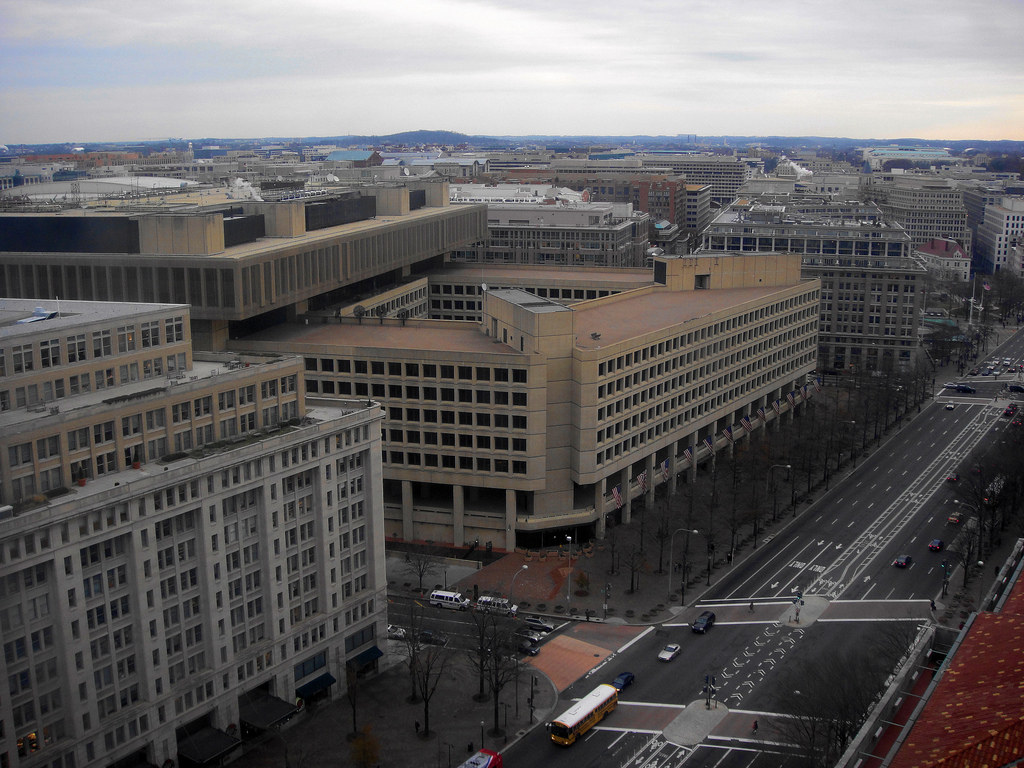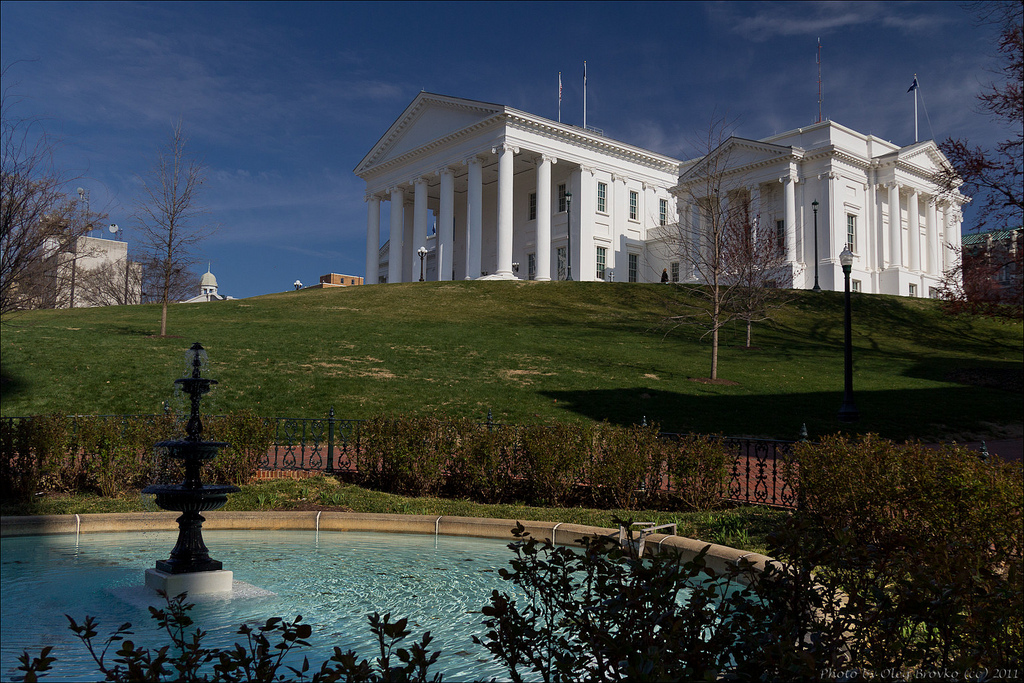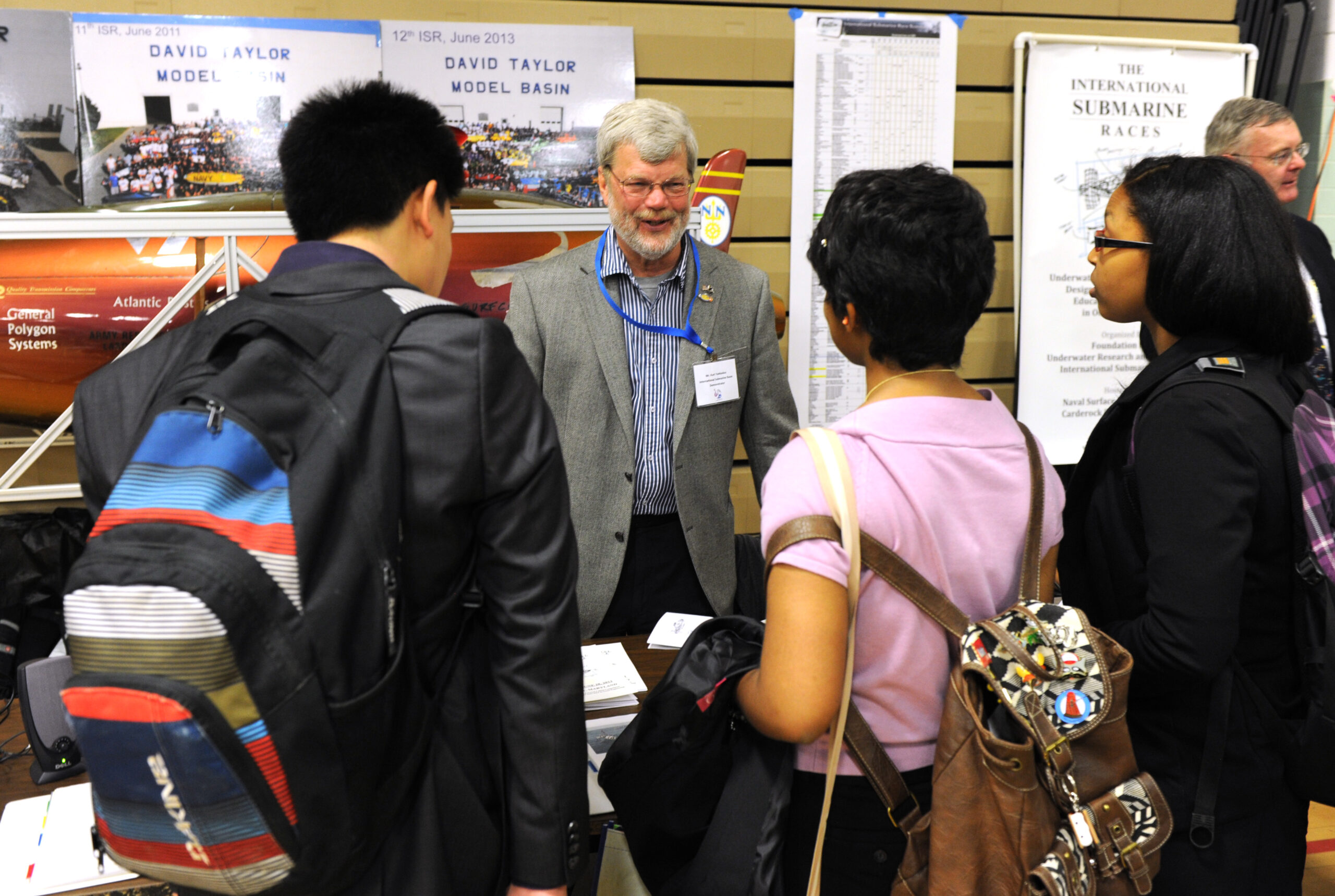Democratic Congressional Campaign Committee (DCCC) Chairman Ben Ray Luján (NM-3) has expressed concerned about the impact of outside Republican money leading up to the November midterm elections. This year’s general elections may add up to being one of the most expensive in history as the balance of power in Washington is being challenged by those who advocate for resistance rather than results.
“As far as what keeps me up at night, Republicans have committed what seems like unlimited amounts of money to these elections,” the congressman said last Thursday, according to a report from Roll Call. “We’re seeing Super PAC after Super PAC on the Republican side continue to tear in,” he added.
Regardless, Luján claims his party is still in a strong position for a net gain of at least 23 seats to take over the majority in the House of Representatives. He said the Democratic Party has “candidates with compelling personal profiles who are connecting with voters.”
The main Republican Super PAC focused on House races, the Congressional Leadership Fund, has reported record fundraising totals this election cycle. Since the beginning of 2017, up until August 27 of this year, the fund has garnered $100,750,263.71 in total contributions, according to filing reports from the FEC. A majority of the funds have been used to launch television ads in competitive districts across the country – many of which have a first-time Democratic candidate running in the general election.
Interestingly, Luján said that the focus of the DCCC is to get candidates to raise their own campaign funds. Democrats were aware from the start of the election cycle that outside GOP groups would outspend Democrats in races, Luján explained.
While the DCCC chairman predicted Democrats would win back the House, he expects many races to be close. He speculated that control of the House might not be known on the night of November 6, citing the impact of mail-in ballots in California and Washington, as well as states where close margins prompt recounts.
“I know that there will be a lot of close elections across America, elections that will be decided by less than 1,000 votes, each of which will determine who’s in the majority of the House of Representatives,” Luján said.
Luján explained that to bolster Democrats nationwide, candidates working to overthrow the Republican majority must focus on an economic agenda. In a party led, for the most part, by House Minority Leader Nancy Pelosi (CA-12), talking down to voters who have received tangible benefits from the Republican-led tax overhaul may not work out so great for Democrats.
The “crumbs,” which Pelosi calls the effects of the Tax Cuts and Jobs Act, have led to the lowest jobless level in over 50 years. By campaigning on rolling back the tax cuts and raising taxes on middle-class Americans, the midterm elections may not be the historical “referendum on the president,” but a referendum on elected officials that believe economic growth stems only from government intervention.





